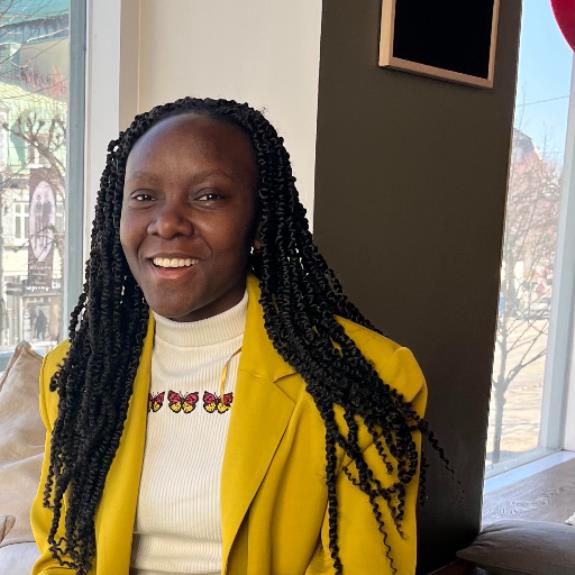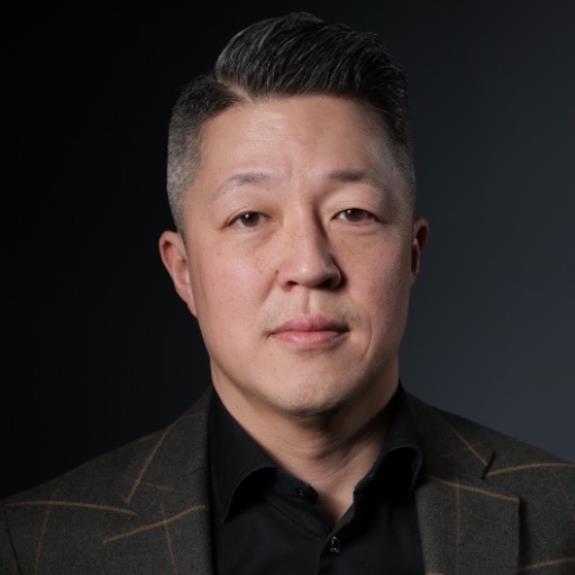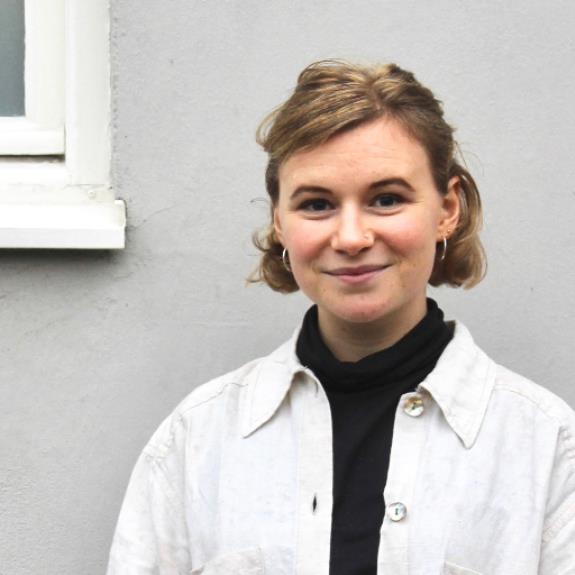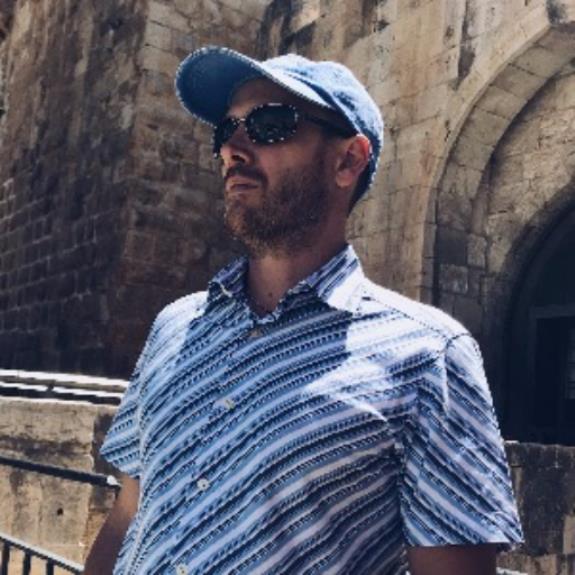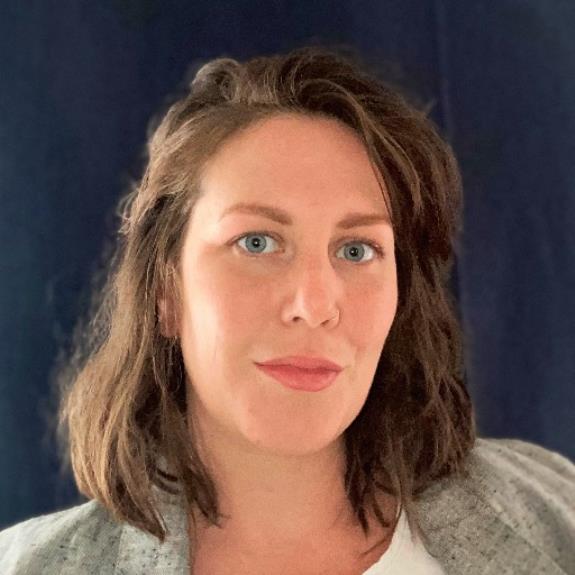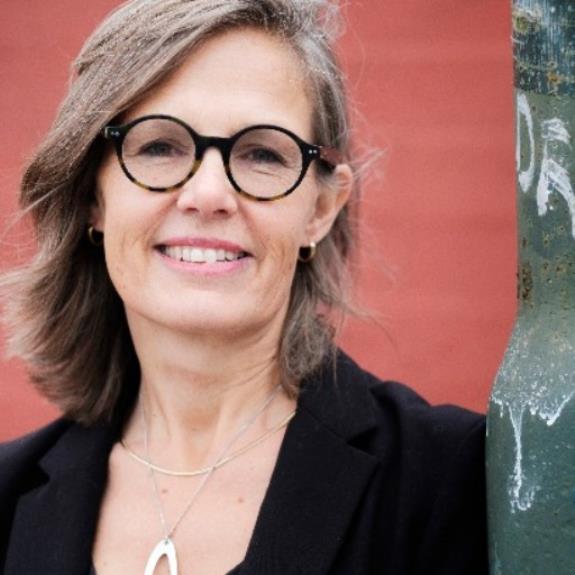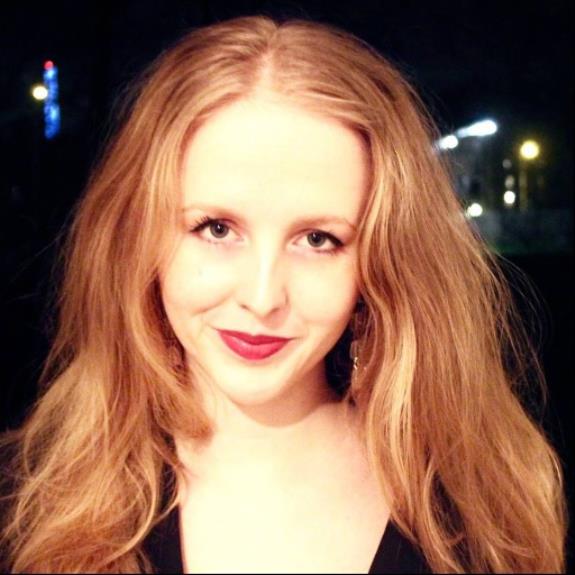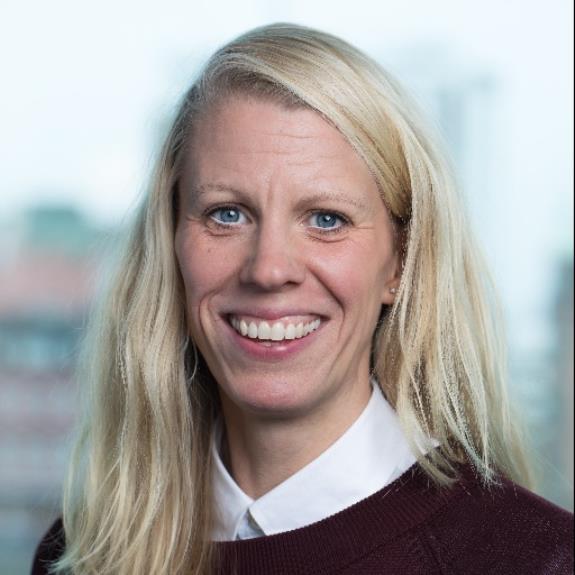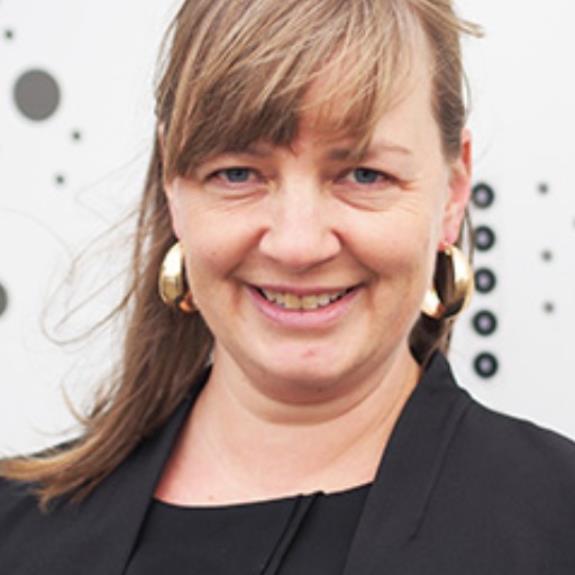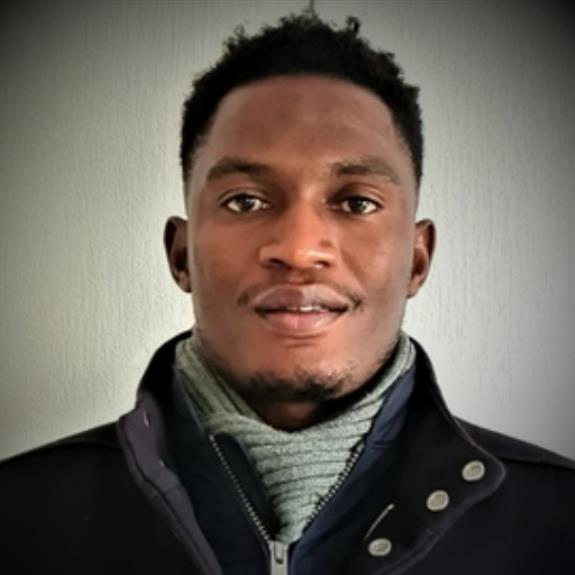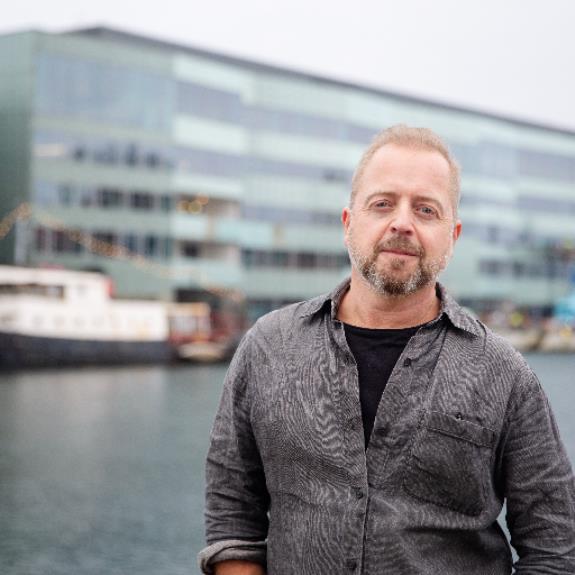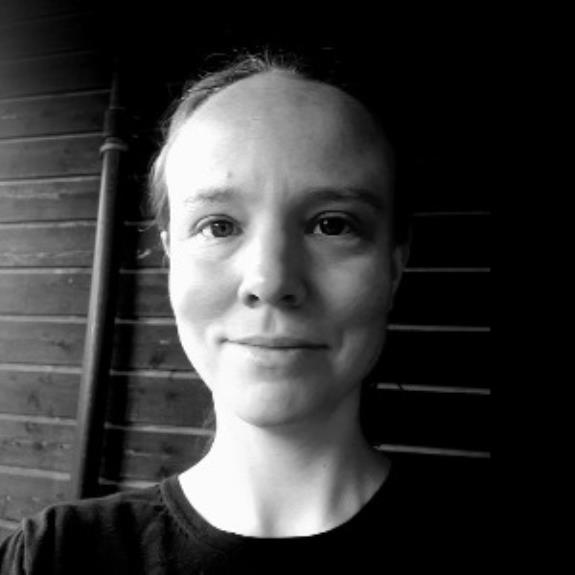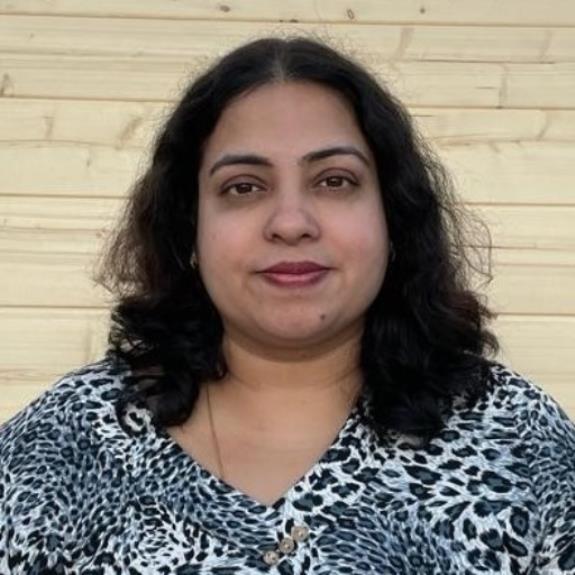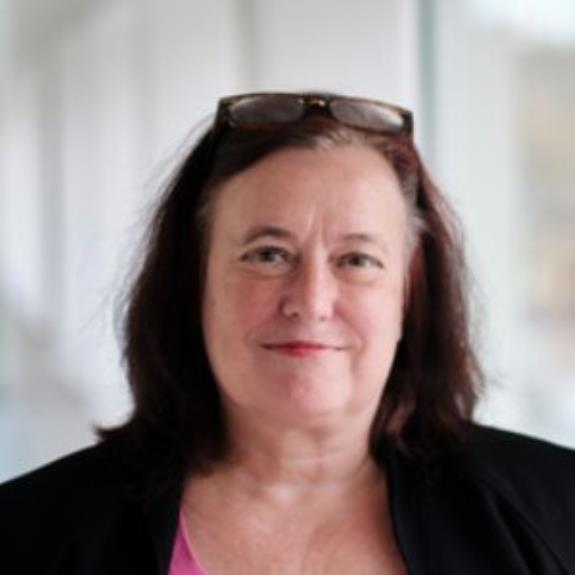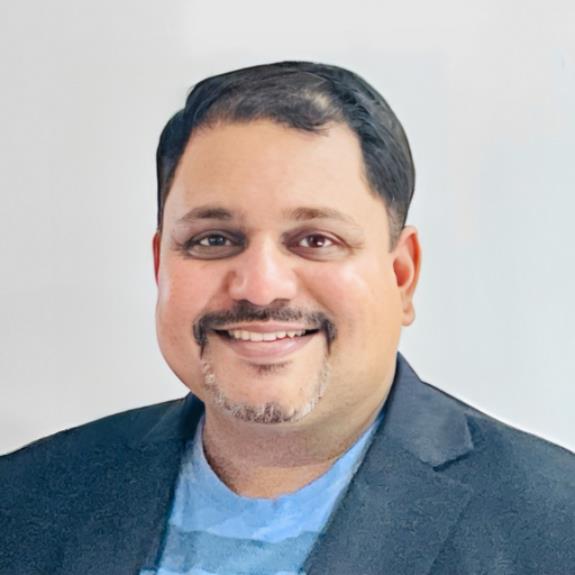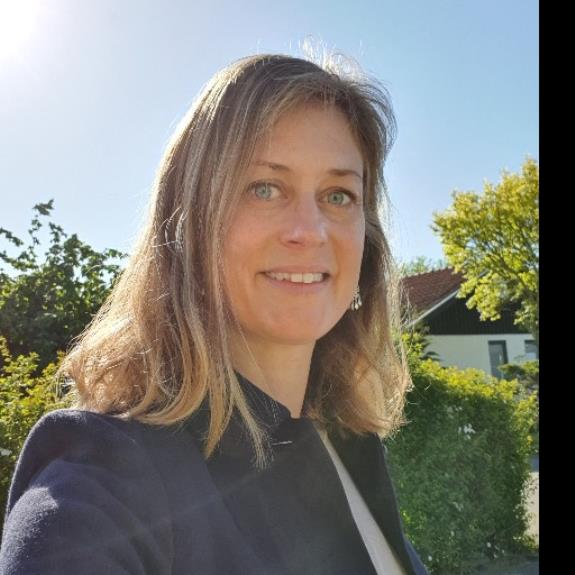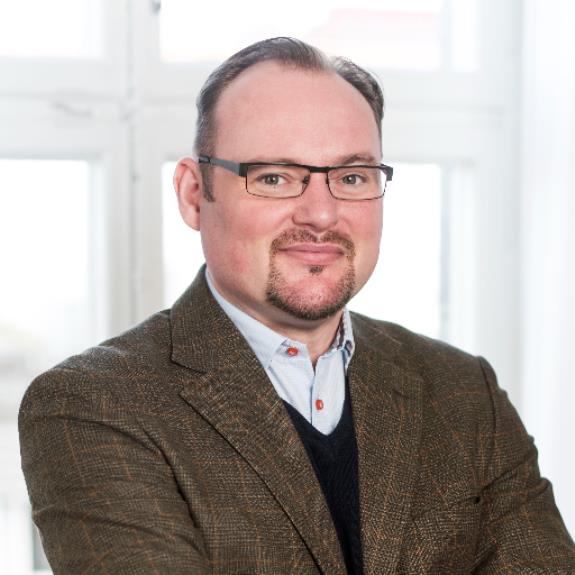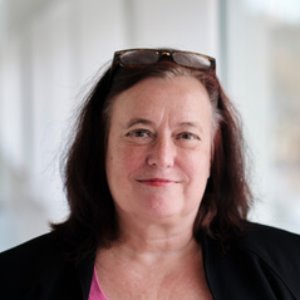We use cookies on this website. Cookies help us deliver the best experience on our website. Read about cookies.
-
- Education
- Education
- Programmes and courses
- Applications and admissions
- Tuition fees
- Scholarships
- Exchange studies at Malmö University
- Study Guidance
-
- Housing
- Housing
- Find housing in Malmö
-
- University Housing
- University Housing
- Page is no longer valid
-
- After admission
- After admission
- Moving to Malmö
- Pre-orientation
- Arrival guide
-
- About studies at Malmö University
- About studies at Malmö University
- Why choose Malmö University
- Understanding university studies
- Connect with our students
On the page -
- Research
- Research
-
- Doctoral studies
- Doctoral studies
- Doctoral courses
-
- Doctoral schools
- Doctoral schools
- Adaptation of urban space through sustainable regeneration
- ComBine
- Culturally Empowering Education through Language and Literature
- Education, Learning and Globalisation
- Finding ways in a time of great future challenges (FinnFram)
- Swedish National Graduate School in Science and Technology Education Research
- Learning in Multicultural Societal Contexts
- Pedagogy and Vocational Skills
- Relevancing Mathematics and Science Education (RelMaS)
- Sustainable Movement Education
- The National Research School for Professionals in Social Services
- Research subjects
-
- Research centres
- Research centres
- Biofilms Research Centre for Biointerfaces
-
- Citizen Health
- Citizen Health
- Kids in Action
- Imagining and Co-Creating Futures
- Institute for Urban Research
- Malmö Institute for Migration Studies
- Literacy and Inclusive Teaching
- Centre for Work Life Studies
- Sustainable Digitalisation Research Centre
- Centre for Sexology and Sexuality Studies
-
- Research publications
- Research publications
- Search for research publications in Diva
- Malmö University Press
- Research events
- Participate in a research study
- Coffee Break Quiz
On the page -
- Collaboration and Innovation
- Collaboration and Innovation
-
- Levels of collaboration
- Levels of collaboration
-
- Local collaboration
- Local collaboration
- Muvah
- Co-Create Malmö
- Regional collaboration
- National collaboration
-
- International collaboration
- International collaboration
- UNIC
- Innovation
- Collaboration with students
-
- Collaborate with researchers
- Collaborate with researchers
- Labs and facilities
- Culture collaboration
- Support Malmö University
- Alumni & Friends
On the page -
- About us
- About us
-
- Faculties and departments
- Faculties and departments
-
- Faculty of Culture and Society
- Faculty of Culture and Society
- Department of Global Political Studies
- School of Arts and Communication
- Department of Urban Studies
-
- Faculty of Education and Society
- Faculty of Education and Society
- Department of Childhood, Education and Society
- Department of Sport Sciences
- Department of Culture, Languages and Media
- Department of Natural Science, Mathematics and Society
- Department of Society, Culture and Identity
- Department of School Development and Leadership
- The Centre for Teaching and Learning (CAKL)
-
- Faculty of Technology and Society
- Faculty of Technology and Society
- Department of Computer Science and Media Technology
- Department of Materials Science and Applied Mathematics
- Faculty of Odontology
- University Dental Clinic
-
- Find and contact Malmö University
- Find and contact Malmö University
- Visit Malmö University
-
- News and press
- News and press
- Graphic manual
- Map of the buildings (Google Maps)
- Merchandise
- Supplier information and invoice management
- Whistleblowing
- We will help you with your questions
- Management and decision-making paths
-
- Malmö University's strategy 2030
- Malmö University's strategy 2030
- Sustainability
- Widened recruitment and participation
- Quality assurance work at the University
-
- Malmö Academic Choir and Orchestra
- Malmö Academic Choir and Orchestra
- Student work – video pieces
-
- Annual Academic Celebration
- Annual Academic Celebration
- Academic traditions
- Meet our new professors
- Meet our new doctors
- Honorary doctors
-
- The University in a troubled world
- The University in a troubled world
- Campus total defence
On the page
Citizen Health
through collaborative practices
The research centre focuses on improving public health and reducing health inequalities through community-engaged research and education. The centre involves citizens, the commercial and public sectors, as well as non-profit organisations.
Challenging health inequalities through the power of collaboration and pioneering research.
Margareta Rämgård, Director of Citizen Health
Why Citizen Health matters – and how we contribute
At the Citizen Health (CzH) research centre at Malmö University, we work to improve public health and reduce health disparities by involving citizens directly in the research process.
Our five highly integrated work packages:
1. Participatory research with health promotion interventions (CBPR)
Through community-based participatory research (CBPR), we support local initiatives that empower people to take control of their health, including oral health, and drive lasting change from within.
2. Preventing chronic diseases such as diabetes and cardiovascular diseases
A collaboration within the Cities for Better Health, involving Region Skåne, Malmö City, and Novo Nordisk, is actively addressing diabetes prevention.
3. Develop and implement inclusive environments for sports, exercise and physical activity
Everyone, regardless of background, should have access to safe and welcoming spaces for sport and movement. We aim to develop and implement inclusive environments for young people regarding sports and physical activity.
4. Democratic health policy and governance in a digital age
We seek to map existing policy and governance processes in health and healthcare, as well as support innovation, as new technologies enter the field.
5. Innovative approaches for health evaluation
Here we seek to better connect everyday people to the development of new technologies that help them evaluate their health.
Researchers
Publications
-
2026 | Article, book review
The book that changed my mind – 12 experts share a perspective‑shifting read
Michael Strange
-
2026 | Article in journal
How the AI boom was enabled by a 1970s economic revolution
Michael Strange, Marisa Ponti
-
2026 | Article, review/survey
Advances in (Bio)Sensors for Physiological Monitoring: A Special Issue Review
Magnus Falk, Sergey Shleev
-
2025 | Article in journal
Electrochemical (Bio-) Sensors in Biological Applications—2nd Edition
Sergey Shleev, Cécilia Cristea, Nina Dimcheva
-
2025 | Article in journal
Sensors Without Boundaries: Innovating Health Monitoring
Sergey Shleev, Magnus Falk
-
2025 | Conference paper
Democratising Participatory Research, Invited talk
Michael Strange
-
2025 | Article in journal
Navigating the Contradictory Politics of being a Marginalised Migrant during Covid-19
Michael Strange, Louise Dalingwater, Slobodan Zdravkovic, Elisabeth Mangrio
-
2025 | Article in journal
Bridging the digital divide: Understanding COVID-19 diagnostic and vaccination experiences in a socioeconomically disadvantaged neighborhood in Sweden
Rathi Ramji, Dipak Surie, Stefan Cirovic, Margareta Rämgård, Sergey Shleev, Anders Kottorp
-
2025 | Article in journal
Exploring key factors related to child well-being: a community-based participatory research together with children with migration background residing in socio-economically disadvantaged areas of Malmö, Sweden
Louise Burenby Yxne, Rathi Ramji, Elisabeth Mangrio, Katarina Sjögren Forss, Therese Sterner, Margareta Rämgård
-
2025 | Other
A Healthier AI Narrative with Michael Strange: Pondering AI Podcast series
Michael Strange
-
 Research project
Research projectHow Are You Really Doing? – Young People’s Well-Being in the Heart of Malmö (HEM-study)
erika.hellberg@mau.se -
 Research project
Research projectHEALTHCOM- Healthy communities in ageing societies – participatory research with elderly immigrants and refugees living in a Nordic...
margareta.ramgard@mau.se -
 Research project
Research projectFuture Society and Democracy in Europe
michael.strange@mau.se -
 Research project
Research projectChildren and youth integration through sport. Examples of Sweden and Uganda
thomas.persson@mau.se -
 Research project
Research projectKids In Action for Health Equity
louise.burenby-yxne@mau.se -
 Research project
Research projectKIDS in action promoting health equity in socially deprived areas (K.A.H.E.Q Study)
margareta.ramgard@mau.se -
 Research project
Research projectHealth in learning and teacher training (HILL)
lisa.hellstrom@mau.se -
 Research project
Research projectEquity perspectives in school-based mental health promotion
helena.gard@mau.se -
 Research project
Research projectEqual health - Health promotion in collaboration
margareta.ramgard@mau.se
Internationalisation
Citizen Health is actively engaged in international networks that strengthen participatory and collaborative health research. Through long-term partnerships and global working groups, we contribute to knowledge exchange, capacity building, and research that creates real-world impact.
Collaborative Action Research Network (CARN)
About CARN
CARN is an international community committed to advancing collaborative and action-oriented research across diverse fields and professional practices.
The network brings together researchers, educators, practitioners, and community partners who share a commitment to inquiry that leads to meaningful, real-world change.
With a strong focus on participation, reflection, and shared learning, CARN supports research grounded in practice and driven by collective action.
Citizen Health’s Connection to CARN
Citizen Health has been actively engaged in CARN for more than a decade. Together with Malmö University, Citizen Health is a sponsoring member of the network and contributes to strengthening collaborative and participatory research both locally and internationally.
In 2024, Citizen Health proudly hosted the Annual CARN Conference, further deepening its role in supporting CARN’s mission to foster dialogue, innovation, and action through research.
International Collaboration for Participatory Health Research (ICPHR)
About ICPHR
ICPHR is a global network dedicated to advancing high-quality participatory health research. It connects researchers, practitioners, community partners, and institutions committed to collaborative approaches that strengthen health, equity, and social justice.
Through shared standards, working groups, and international cooperation, ICPHR supports the development, evaluation, and dissemination of participatory research that is grounded in the lived experiences of communities.
Within ICPHR, several international working groups collaborate to advance participatory health research across diverse themes and communities:
- Children and young people (Kids in Action),
- migrant health,
- ethics,
- standards of practice,
- community mental health,
- indigenous health,
- and health promotion.
Each working group brings together researchers, practitioners, and community partners to share knowledge, develop methods, and strengthen the quality and impact of participatory health research worldwide.
On podcasts
Pondering AI: A Healthier AI Narrative
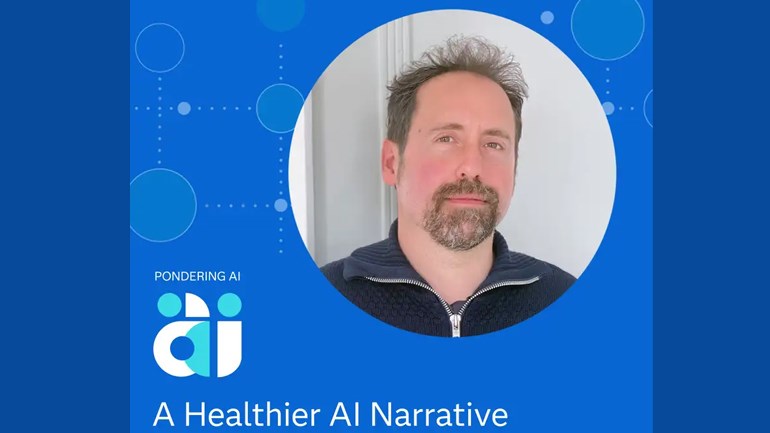
Pondering AI: A Healthier AI Narrative
What happens when artificial intelligence meets global health? In this podcast episode, Michael Strange, Associate Professor of Global Political Studies at Malmö University, speaks with Kimberly Nevala about the role of AI in healthcare – beyond the hype. They explore how the pandemic reshaped the landscape, why technology must be understood in its political and material context, and why humility and interdisciplinarity are crucial for building a sustainable, inclusive, and human-centred healthcare system.
Our Method – Community-based Participatory Research (CBPR)
What is CBPR?
Community-based participatory research (CBPR) is a research methodology that includes the participation of those affected by the issue or problem being studied, with the dual purpose of creating knowledge and social change.
Why CBPR?
Traditional models of knowledge production have been criticised for being excessively researcher- and theory-driven, failing to adequately respond to people's health needs and translate research findings into societally relevant, effective health interventions.
Benefits of CBPR
CBPR enhances healthcare interventions' quality and cost-effectiveness and supports individual health and well-being by integrating science and practice.
Empowerment – a crucial part of health promotion
Community and/or individual empowerment lies at the very core of health promotion of people, organisations, and communities towards the goals of increased individual and community control, political efficacy, improved quality of community life and social justice. Through this approach, we seek to greatly strengthen the prevention of factors that undermine health and well-being.
Join us
Join us in shaping healthier communities
We welcome individuals passionate about health and well-being, whether you come from a healthcare background or care about improving life for yourself and those around you.
At our centre in Southern Sweden, we host workshops, collaborate on new ideas, and explore the key themes driving our work. We're always open to fresh perspectives and invite both local and international partners to join us in sharing knowledge, methods, and experiences.
Let’s work together to build healthier, more connected communities.


